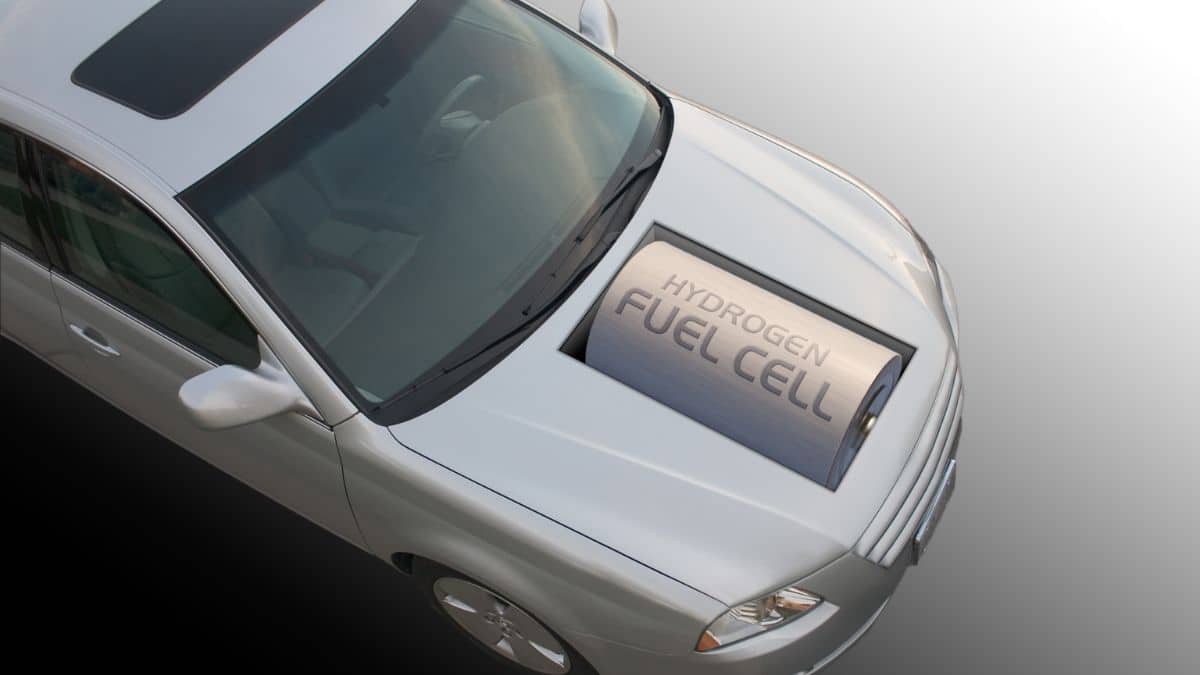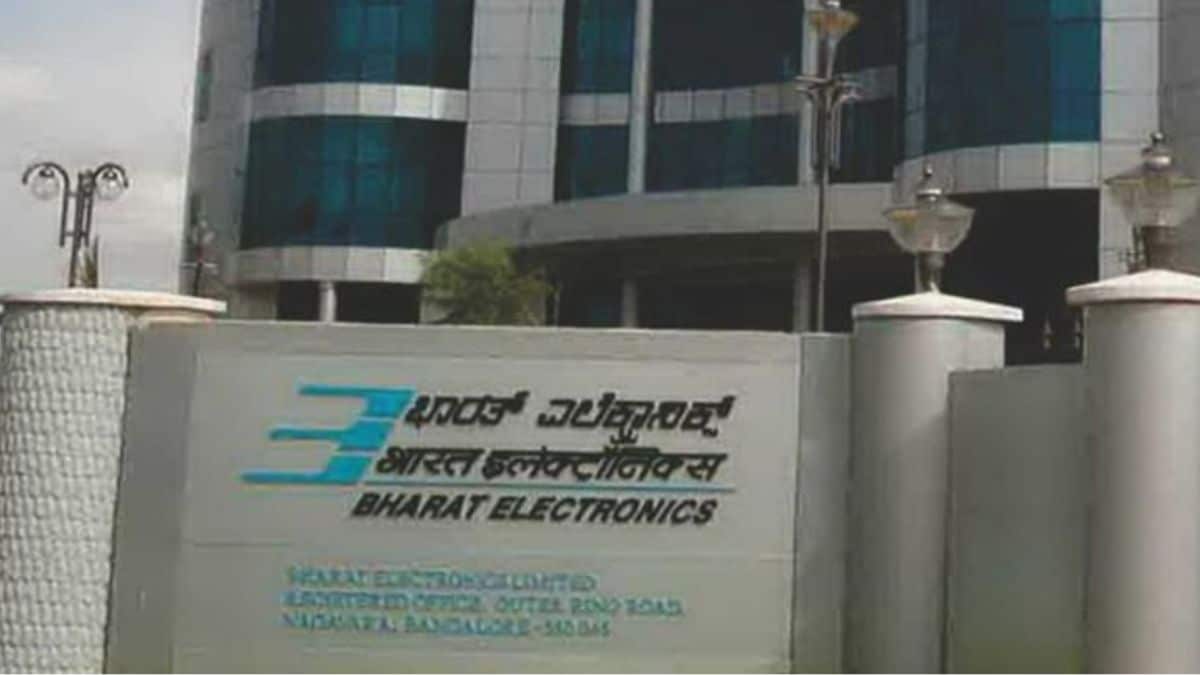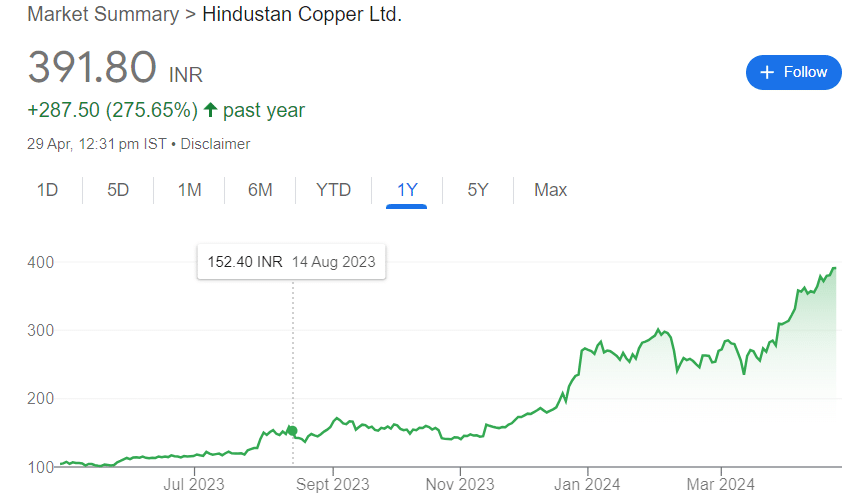Hydrogen Fuel Cell Car In India: The advent of hydrogen fuel cell cars promises a sustainable future and Transforming Indian transportation.
Table of Contents
also read: Hydrogen Fuel Cell Engine: Unleashing the Power of Hydrogen
Introduction: Hydrogen Fuel Cell Car In India
As the world collectively steers towards a more sustainable future, India is emerging as a key player in the race to reduce carbon emissions and combat climate change. Among the myriad solutions being explored, the spotlight is increasingly turning towards hydrogen fuel cell technology as a promising avenue for clean energy transportation. In this paradigm shift towards greener mobility, hydrogen fuel cell cars are poised to revolutionize India’s automotive landscape.
Hydrogen Fuel Cell Car In India: Brief
Hydrogen fuel cell vehicles (FCVs) represent a breakthrough in automotive engineering, offering an environmentally friendly alternative to traditional gasoline and diesel-powered cars. Unlike conventional vehicles that emit harmful pollutants, FCVs produce zero emissions, with water vapor being the only byproduct of their operation. This inherent eco-friendliness positions hydrogen FCVs as a game-changer in India’s quest for sustainable transportation solutions.
One of the primary advantages of hydrogen FCVs is their extended range and quick refueling times, addressing two major concerns that have traditionally hindered the widespread adoption of electric vehicles (EVs). While battery electric vehicles (BEVs) require lengthy charging times and often have limited ranges, hydrogen FCVs offer comparable driving ranges to conventional cars and can be refueled in a matter of minutes, providing a level of convenience that is familiar to consumers.
India’s ambitious renewable energy goals align seamlessly with the potential of hydrogen fuel cell technology. With abundant solar and wind resources, the country possesses the necessary ingredients for green hydrogen production through electrolysis, a process that uses renewable electricity to split water into hydrogen and oxygen. This domestically sourced green hydrogen can then be utilized to power FCVs, offering a sustainable alternative to imported fossil fuels.
Moreover, the versatility of hydrogen extends beyond transportation, presenting opportunities for energy storage and grid stabilization. By leveraging hydrogen as a storage medium for excess renewable energy, India can enhance the reliability and stability of its power grid while maximizing the utilization of clean energy sources.
While the promise of hydrogen fuel cell technology is undeniable, its widespread adoption in India faces several challenges. Infrastructure development, including hydrogen refueling stations, remains a critical bottleneck that requires concerted efforts from both the public and private sectors. Additionally, cost considerations and technological advancements are essential factors that will influence the scalability of hydrogen FCVs in the Indian market.
However, despite these challenges, India has demonstrated a proactive approach towards embracing hydrogen as a viable energy carrier. Government initiatives, such as the National Hydrogen Mission, underscore India’s commitment to fostering innovation and driving the transition towards a hydrogen-based economy. Collaborative efforts between industry stakeholders, research institutions, and policymakers will be instrumental in overcoming barriers and unlocking the full potential of hydrogen fuel cell technology in India.
Conclusion: Hydrogen Fuel Cell Car In India
In conclusion, hydrogen fuel cell cars represent a compelling solution to India’s burgeoning environmental and energy challenges. By harnessing the power of hydrogen, India can reduce its dependence on fossil fuels, mitigate air pollution, and pave the way for a cleaner, more sustainable future. As the momentum behind hydrogen fuel cell technology continues to grow, India stands poised to emerge as a global leader in green mobility, driving progress towards a greener, more prosperous tomorrow.
also read: How Do Fuel Cell Electric Vehicles Work Using Hydrogen?










